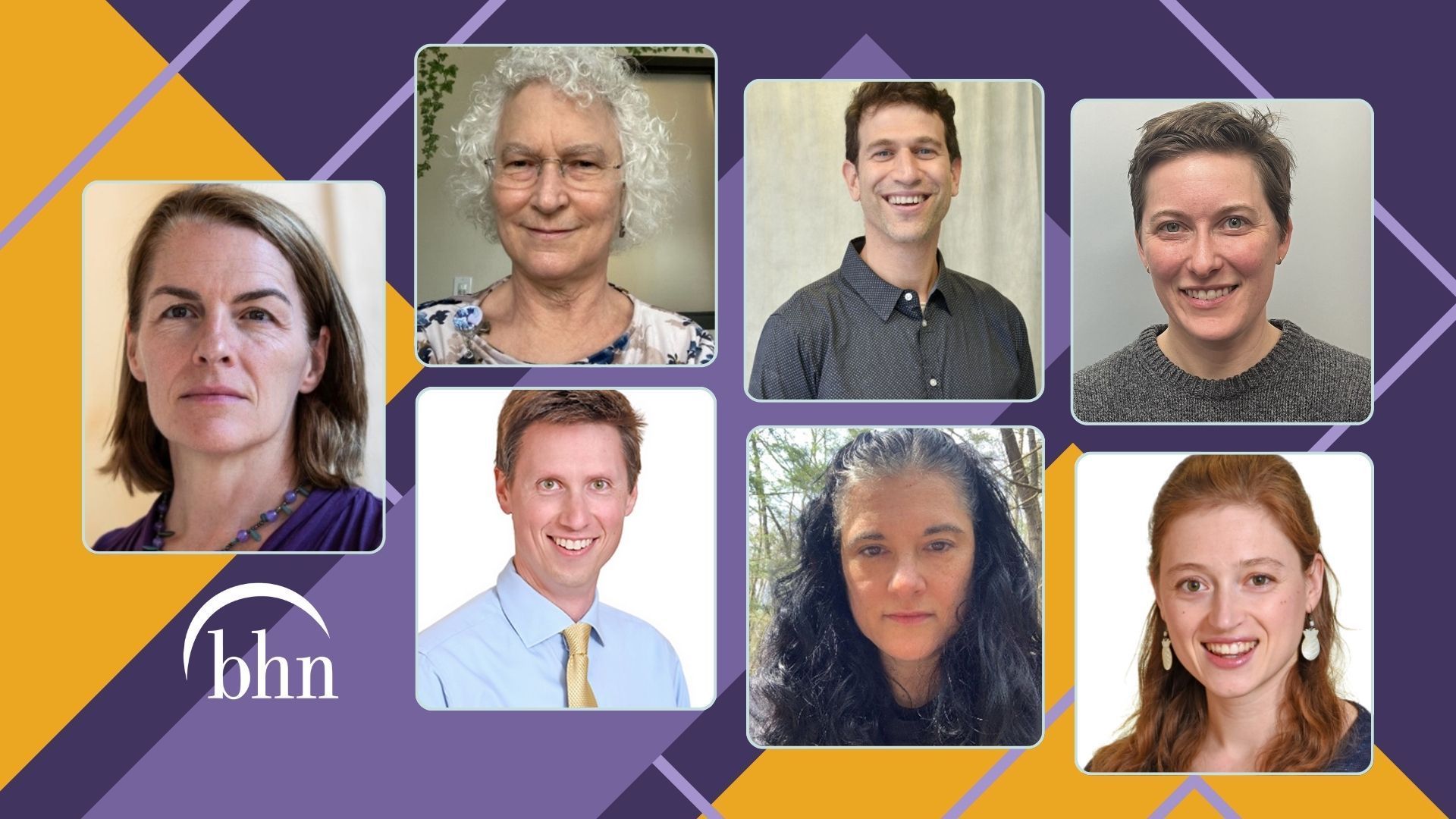Those We Serve: Jeremy
As he laid in a hospital bed, recovering from a suicide attempt, Jeremy felt completely alone. He was struggling with depression and anxiety and had no support system he could reach out to. However, a single fateful visit from a BHN employee permanently transformed his life.
The employee told him about BHN’s Adult Community Clinical Services (ACCS) program, which helps create care-management plans for individuals with disabilities, mental health conditions, or substance use disorders. When he heard about the program, Jeremy felt like he had been rescued from his despair: “I was very depressed and very alone, and it seemed like a good way to move forward.” However, at that moment, he was unaware of the extensive impacts the program would have in all areas of his life.
After having taken part in the program for about two years, Jeremy’s life has been completely transformed— “Basically, ACCS has helped out in every facet of what I deal with.” Jeremy’s care management team helped him find new housing that is a vast improvement over his previous apartment, which Jeremy says was in disrepair and very isolated. His team arranges transportation for Jeremy to and from doctor’s appointments and food pantries, and helps him afford essential items such as groceries. Over the summer, his care managers even bought him an air conditioner to reduce his risk of heat-related medical emergencies—something he wouldn’t have been able to afford without their assistance.
Jeremy’s care managers have also helped him afford various recreational services that have been immensely helpful in his recovery. He was able to begin exercising regularly after receiving a scholarship to the YMCA, and was introduced to a local creative space where he has taken part in art programs and computer workshops. With ACCS’s assistance, Jeremy has been able to better maintain his general health and make lifestyle changes that have helped him cope with his anxiety and mood instability. He’s also completely ended his substance use, and is in a much better place overall. “I’ve found the perfect mix of medication, exercise, and healthy eating, and I’m now able to get places and make new friends.”
Jeremy says his care managers have played a major role in his recovery. He says that everyone he has worked with through ACCS has put their all into making sure his needs are met; and if they can’t help him directly with a problem, they find an indirect way to solve it. The care and compassion that Jeremy has found at ACCS was something he never thought he’d find when he was laying in the hospital, wishing he was dead. But now that he’s found the support system offered by ACCS, he never wants to imagine his life without it.
“It’s really helped me, having positive people around me, bringing out my positive qualities and reassuring me it’s going to get better,” Jeremy says. “It’s an amazing thing to have.”
SHARE
Topics

Stay Up to Date!
Sign-up for our newsletter to receive news and updates from BHN.





